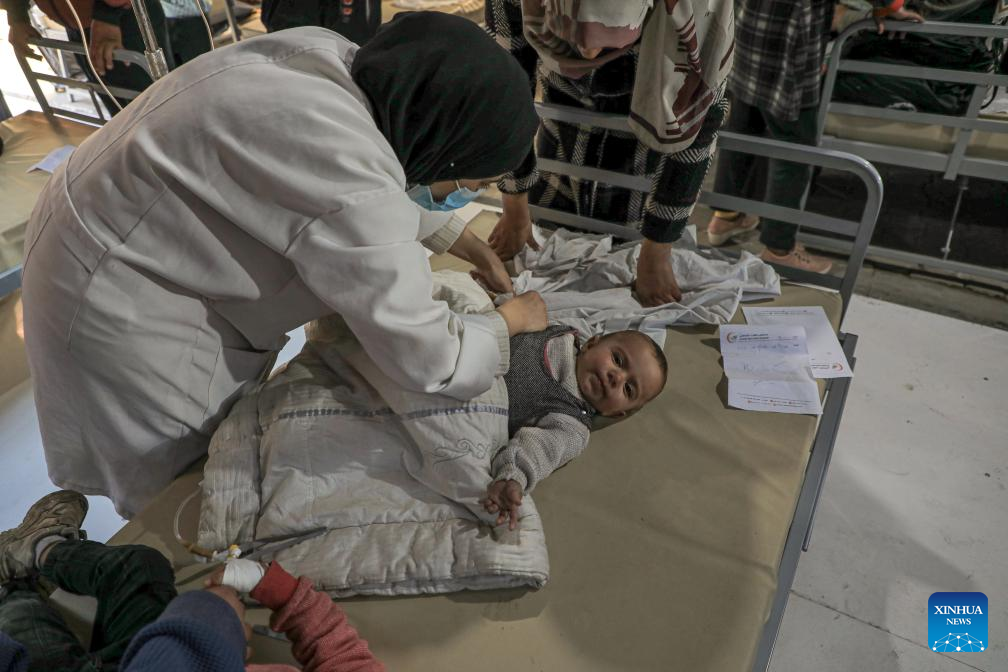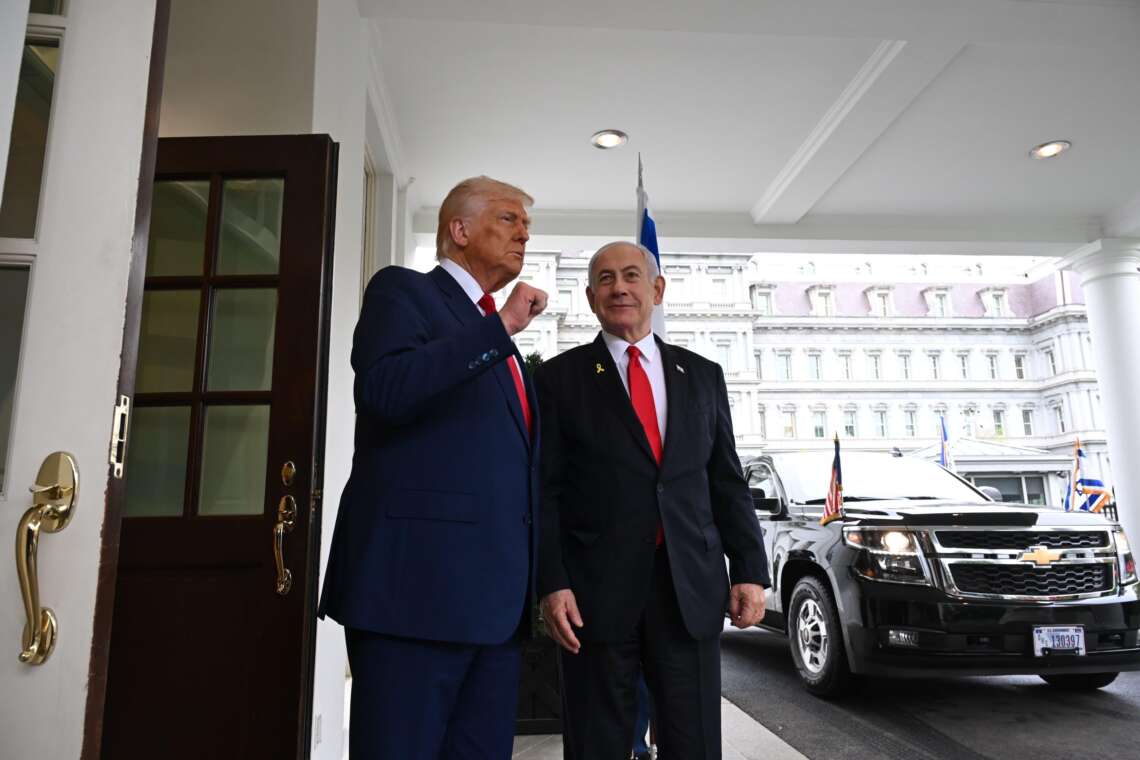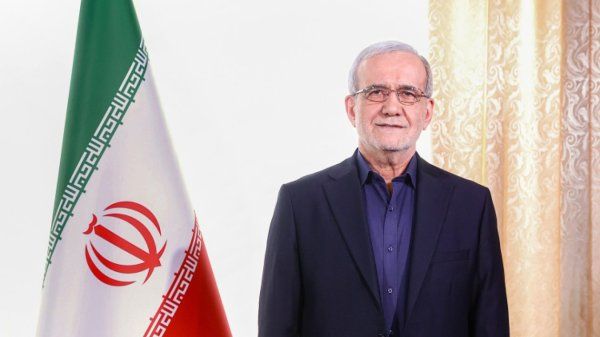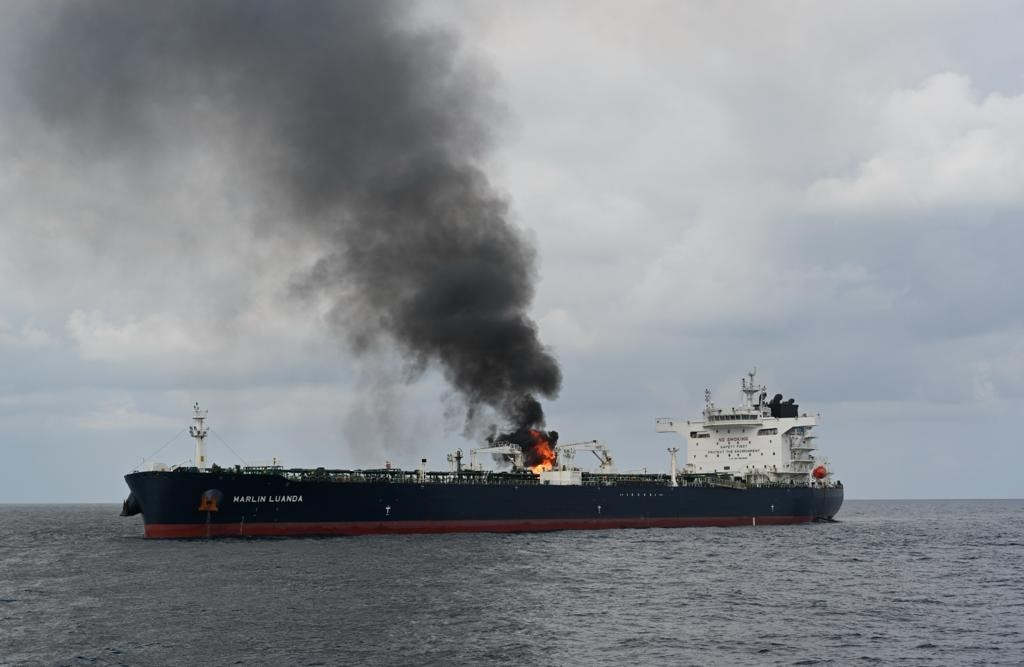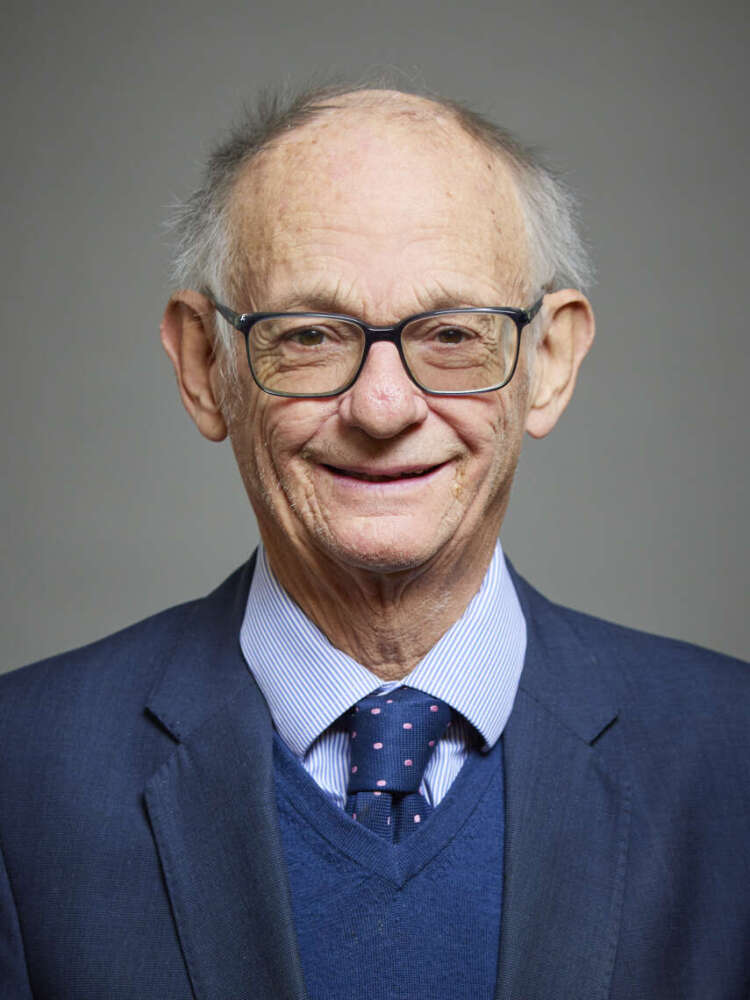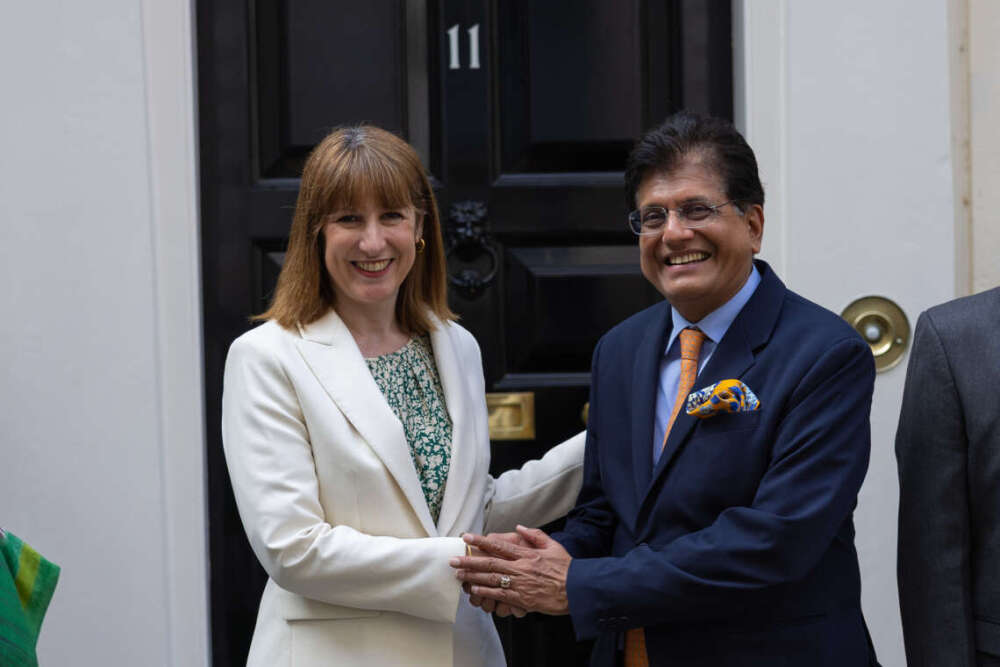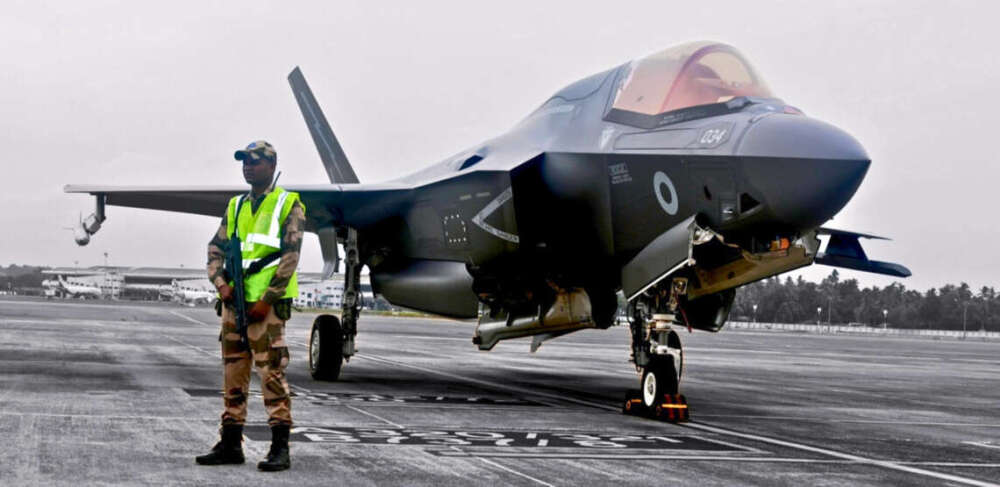The court did not order that a ceasefire be implemented. The ruling by the court was agreed upon by a 15 to 2 vote…reports Asian Lite News
In a ruling, the International Court of Justice in the Hague ordered Israel to ‘take all measures’ to prevent genocide in Gaza. However, the court did not order that a ceasefire be implemented. The ruling by the court was agreed upon by a 15 to 2 vote.
Additionally, Israel was ordered to report back to the court in one month. Among diplomats, the provisional order against Israel is considered a diplomatic blow and is a step towards ruling in favor of South Africa’s genocide claim. However, the ruling, while legally binding, is difficult to enforce.
Commenting on the ruling, Israel Minister of National Security Itamar Ben-Gvir said, “The decision of the anti-Semitic court in The Hague proves what was known in advance: this court does not seek justice, but rather the persecution of the Jewish people. They were silent during the Holocaust and today they continue hypocritically and take another step. The Hague, Shamag! Decisions that endanger the continued existence of the State of Israel must not be listened to. And we must continue defeating the enemy until complete victory.”
At the beginning of the hearing, President of the International Court of Justice Judge Joan E. Donoghue announced that the court had rejected Israel’s motion to declare the court had no jurisdiction in the matter.
“In the court’s view, at least some of the acts and omissions committed by Israel in Gaza appear to be capable of falling within the provisions of the genocide convention. In light of the following, the court concludes it has prima facie jurisdiction to entertain the case on the basis of Article 9 of the Genocide Convention…..The court cannot accede to Israel’s request that it not entertain the application,” said Donoghue.
In the court’s ruling, Donoghue noted comments made by Defense Minister Yoav Gallant, then-Energy Minister Yisrael Katz and President Isaac Herzog, which she claimed could be read as seeking to kill civilians in Gaza.
“The aforementioned facts and circumstances are sufficient to conclude that at least some rights of the Palestinians to be protected from acts of genocide and related prohibited acts in Article 3 of the Genocide Convention, and the rights of South Africa to seek protection of these rights,” said Donoghue.
Experts noted that the court’s move gives legitimacy to South Africa’s claim that the Palestinians need to be protected from genocide by Israel under the terms of the Genocide Convention.
The court, however, did not rule that Israel must end its war in Gaza.
The court restricted itself to only ordering provisional emergency restrictions on Israel’s military activities in the Strip, which was requested by South Africa during hearings on January 11 and 12.
Legal experts said it could take years for a final ruling on whether Israel is committing genocide against the Palestinians.
At least 1,200 people were killed in Hamas’s attacks on Israeli communities near the Gaza border on October 7. Additionally, some 250 Israelis and foreigners were taken to Gaza as hostages. The number of men, women, children, and soldiers held captive is now believed to be 136.
During the mid-January hearings, South Africa argued that Israel’s military campaign was intended to cause “the destruction of the population” of the Gaza Strip.
Israeli representatives, led by former Supreme Court president Aharon Barak, rejected the claims, arguing that Israel has a right to defend itself, respects international law, and that Palestinian casualties were the result of Hamas embedding its tunnels and military infrastructure in civilian areas.
Israel, which is not a member of the ICJ, also argued that the court has no jurisdiction to issue a ruling.
The ICJ describes itself as “the principal judicial organ of the United Nations.” Any ruling issued by the court would have to be enforced by the UN Security Council. The council’s five permanent members, the US, Russia, China, Britain, and France, have veto power over any measures ordered by the court.
The 17-judge panel’s ruling was only about ordering provisional emergency restrictions on Israel’s military activities in the Strip, as requested by South Africa during hearings on January 11 and 12. A final ruling on the merits of South Africa’s arguments — that Israel is committing genocide against the Palestinians — is expected to take years.
Israel asked the court to reject the case outright.
At least 1,200 people were killed in Hamas’s attacks on Israeli communities near the Gaza border on October 7. Around 250 Israelis and foreigners were taken to Gaza as hostages. The number of men, women, children and soldiers held captive is now believed to be 136.
During the mid-January hearings, South Africa argued that Israel’s military campaign was intended to cause “the destruction of the population” of the Gaza Strip.
Israeli representatives led by former Supreme Court president Aharon Barak rejected the claims, arguing that Israel has a right to defend itself, respects international law, and that Palestinian casualties were the result of Hamas embedding its tunnels and military infrastructure in civilian areas.
Israel, which is not a member of the ICJ, also argued that the court has no jurisdiction to issue a ruling.
The ICJ describes itself as “the principal judicial organ of the United Nations.” Any ruling issued by the court would have to be enforced by the UN Security Council. The council’s five permanent members, the US, Russia, China, Britain, and France, have veto power over any measures. (ANI/TPS)
ALSO READ-Red Sea Conflict Hits Trade, Suez Shipping Plummets


